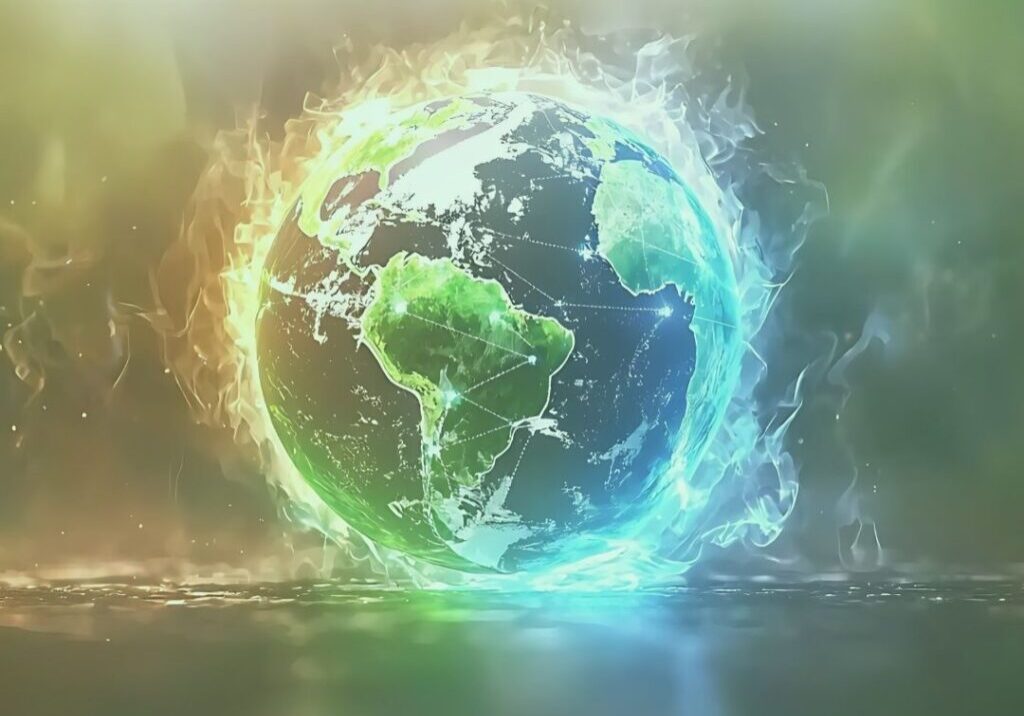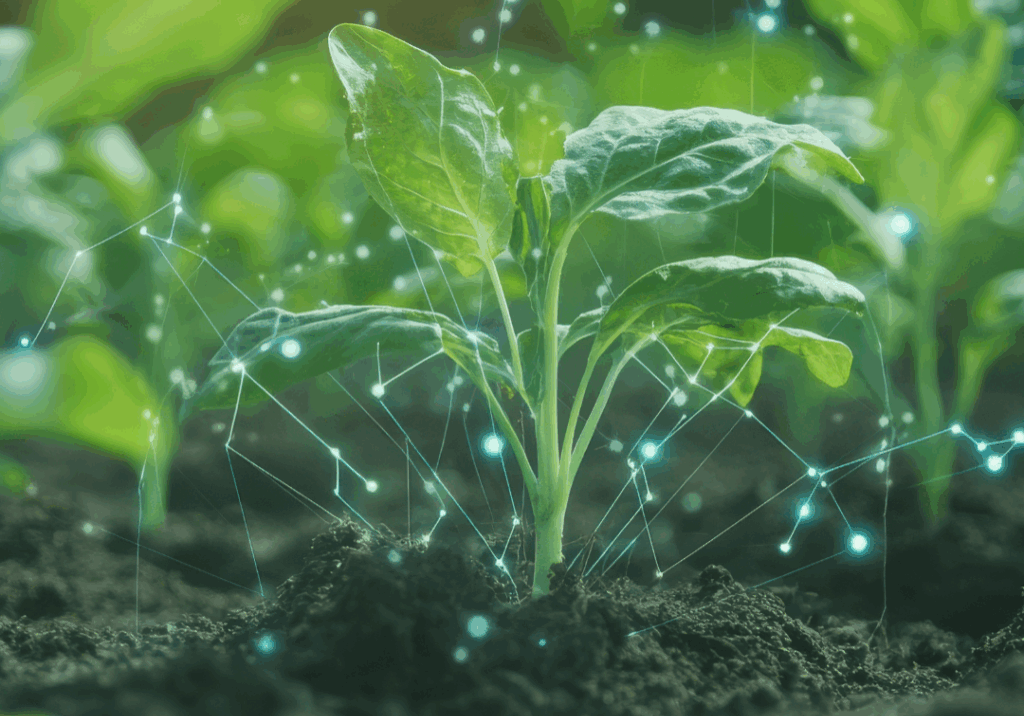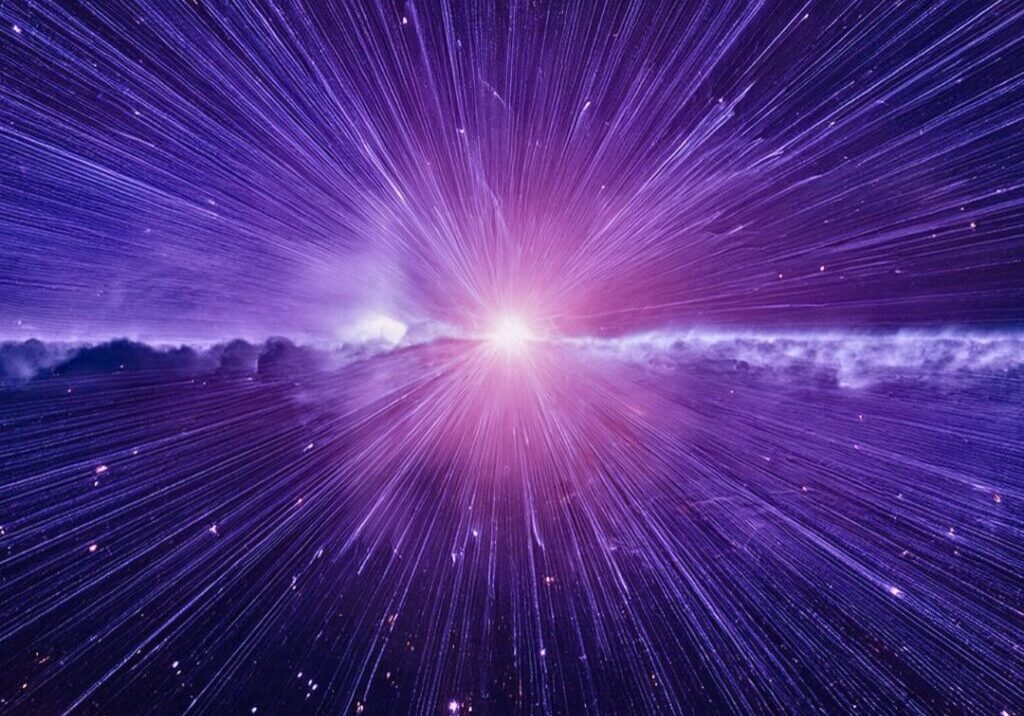The Pandemic Mirror
The coronavirus has thrown the world into a tailspin. The closure of schools and stores, the dramatic spike in unemployment, the precipitous fall of the stock market and talk of recession has created a global climate of panic, anxiety, fear and depression. It is not unlikely that the rate of suicide will rise, as despair sets in. While Facebook posts of friendship, poems, and “we’re in this together” posts are helpful, reassuring us in the moment that we are not alone, the fact is, feelings of existential loneliness and isolation abound. College students now completing their courses online at home express anxiety, loneliness and feelings of being disconnected from friends and social relationships, the stuff that makes college life memorable. This may be the first time in the history that graduation is online. Life has become dystopic and we are not sure if technology is our friend or our foe.
It is difficult to look existential threats in the face and rationally discuss outcomes. The truth is the future is unknown and unpredictable; things make get a lot worse before they get better, or things may get better temporarily, or simply remain in the flux and flow of uncertainty. What is even more alarming is that we are waiting for this crisis “to pass” so that we can return to “normal.” We anticipate that life will continue “as usual” once we find a vaccine for COVID19. But what is “normal?” And here is perhaps the biggest reality staring us in the face, we have no social, psychological, spiritual/religious, political or economic tools to deal with breakdown, chaos and disequilibrium that mark our present age. We have become so thoroughly conditioned by the modern framework of individualism and Newtonian mechanistic systems, objective, controllable, manageable and profitable systems, chaotic disorder seems like a surd, a defect to be quickly remedied.
Sure, the internet connects us and we can connect on Facebook but at the end of the day we still feel alienated, for we have constructed a world where we are alone together. Our institutions—especially education and religion–have denied us the necessary means to live in a world of evolution and complexity. Christianity insists that original sin is our problem, Jesus is our solution, and a place above earth called heaven is our destiny. The University has become the locus of hyperspecialization, drilling down to the details of one’s particular discipline, sending graduates into the world completely unprepared to think in a world of hypercomplexity. So what is the “norm” that we are expecting to return to? Norms are expressive of stable systems, closed systems, predictable systems where the rules are known. We now live in a world of open systems, where the rules can change spontaneously, where breakdown and chaos are part of waking up in the morning, where new things can arise spontaneously, without warning or overt signs (like the coronavirus). How to live in a world of chaos and find peace, purpose and happiness must be the heart of discussions, if we are to survive in the 21st century.
It is time to embrace our new reality; medieval Christianity is bankrupt, Newtonian systems are deadly, and individualism is an illusion. Evolution is speeding up, like an Acela train, and we are standing still in the middle of the tracks. The fastest evolver today is technology and Ray Kurzweil’s dream of the Singularity, the merger of biology and machine, seems more appealing today than ever before. Yet for all the good the internet affords us during these days of lockdown, we miss human relationships. We are social beings by nature and religious beings as well, for God springs up in joy, beauty and wonder, precisely in and through relationships: “Where two or three are gathered in my name, there am I in the midst of them” (Matt 18:20).
Maybe one of the gifts of the present moment is the invitation to return to the inner self, the personal core of our unique personhood. The current crisis is creating conditions for a new type of desert spirituality. Just as women and men in the early church went out to the desert to fast and pray so as to be transformed in the love of God, so too we are being impelled to return to the deserts of our hearts. While we are all sitting at home, plugged into our devices, hoping to connect with the wider world, we may be missing the opportunity to come to grips with ourselves. “Lack of self-knowledge,” Bonaventure wrote, “makes for faulty knowledge in all other matters.” Our contemporary technoculture has created exoskeletal selves, selves melded with electronic devices; we find it difficult to unplug and watch the breath of our own being-in-stillness. Yet to do so can liberate us from the institutional God of dogmas and canons and return us to the living God of evolution. Here we will find a different type of God, a God who is at home with change, chaos and breakdown. God is the name of over-flowing life, the name of Future, and one who lives in God knows oneself to be free and oriented toward the future fullness of life.
One of the insights from desert spirituality that has perdured through the centuries is the spirit of poverty. Francis of Assisi was deeply impressed by the spirit of poverty and taught his followers to live sine proprio, not necessarily without material things but without possessing anything. The modern autonomous individual has learned to possess everything, creating conditions of separation and division; but life in the flow of God calls us to live sine proprio, in the spirit of dispossession. The modern autonomous individual is frightened by dispossession because dispossession equals powerlessness. But this is what Saint Francis realized, material things can create an illusion of power that can vaporize by the snap of a virus. One who needs God will find all that one needs. As Saint Teresa prayed, “God alone suffices.” This is not spiritual pep-talk; this is the deepest root of our reality. Nature lives sine proprio because nature is sympoietic; it exists within layers of deep interconnectedness and flowing boundaries. Nature is not “red in tooth and claw” but group gatherings, communal sharings and naturally-occurring co-ops. The outdated Neo-Darwinian notion of survival of the fittest (grab what you can for yourself) undergirds our consumeristic, economic system of buying life at any cost. We will perish under these conditions unless we return to the roots of nature and rewire ourselves to be part of nature. For we belong to nature; nature does not belong to us. The simplest forms of life will survive us because they live to be themselves and no other, as Thomas Merton wrote, “a tree does nothing more than be a tree, and in being a tree, it gives glory to God.” The spirit of poverty is rooted in nature.
Teilhard de Chardin anticipated breakdown in the 20th century. He saw the inability to grasp evolutionary convergence as the basis of annihilation. “Unify or die out” was a theme running throughout his writings on religion and evolution. The Omega Center is committed to bringing a new paradigm of sustainable evolutionary life into focus and to help realize this new paradigm by shifting the religious, political and economic sails of our lives. We have to rebuild our sense of personal, religious, social and political identity for a world of change and complexity, a world in evolution and technoevolution. It is not only possible; it is the most exciting time in the history of our existence.
Yes, death is real; there is suffering and we will continue to suffer. But in the inner room of the heart, there is an unyielding of power, a mysterious depth to our lives, who is known by various names: God, Presence, Compassion, Love or simply Being. The name is the way we relate to the mysterious depth of our lives and hence the life of the whole; for the depth of each of our lives is the depth of the whole of which we are a part. Our challenge in the 21st century is learning anew how to live in the whole.
As we consider who and what we are in the mirror of the coronavirus pandemic, we can ask, who are we and what do we hope for? If we think as small, puny individuals, we create a small, puny, individualist world that cannot survive. If we think as holons, smaller wholes who are part of larger wholes, we think in terms of participation, evolution and future. One can almost hear the author of Deuteronomy at this point: “I have set before you life and death; choose life” (Dt 30:15). We have a chance to rewire ourselves for a new existence but we must begin to live in a new way.
Here are some tips gleaned from the wisdom traditions that can enlighten our choices. Live each moment as if it were the last because eternity dwells in every breath; live sine proprio not counting possessions but counting the gifts of the moment; forgive out of an abundance of goodness because the future is our only reality; love without regret, trust the power of divine presence within, and live to the point of tears. God is the name of life’s dynamic flow, oriented toward the moreness of life, the future. Where there is God, there is change and where there is change, there is future life. It is time to let go of Newton’s world of predictability and the notion that we will return to “business as usual.” There is no “usual” and the rules of what is normative have been dispensed. We are in a global breakthrough in evolution and if we want a different world, we must become a different people.
 View print-friendly version
View print-friendly version
15 Comments
Related Posts

The Earth Groans, AI Grows: Who Guides the Flame?
In this critical moment of planetary history, where ecosystems collapse, artificial intelligence proliferates, and human meaning trembles on the edge of uncertainty, we are faced with a profound question: What kind…


“We come trailing clouds of glory!” Becoming conscious demands staying awake and daring to believe with “God, all is possible” and in the midst of a pandemic we are lured into the desert where we can sleep and allow dreams to lead us out of bondage, choosing to live without fear and experiencing the freedom to fully engage and participate in the glory of God’s creative love. We can evolve into newness, be light in the chaos of darkness, heal and be healed in every moment as we gather new energies, new hearts of flesh as we manifest grace in the crucible of love, as our death brings life ready to transform the illusion of individualism into the newly evolving community foraging the way beyond self imposed limits, and in shear poverty allow the fire to burn all fear so that in letting go we “become the ocean, we become the Cosmos, we live singularity in the multiverses, we live fully alive with unlimited possibilities to co create a new world of non possession and harmony with nature so that all may live fully, transcending the implicit biases that free us to see the “other” as friend , companion on the journey towards a future full of hope!
[…] Heart-Centered Thinking: Ilia Delio is a Franciscan sister and she has some very provocative insights into why the “name of the future” might be “God” (or, if you prefer, “spirituality”). If you feel the world of business is “missing something,” I invite you to read and think about this article, “The Pandemic Mirror.” […]
“Heart to heart, thank You, dear Sr. Ilia, for your reasoning that resonates. Thank you, dear Jesus, for Your examples & parables. Thank you, dear Ghandi for your death bed, ‘I have nothing new to teach ~ Love and Forgiveness are as old as the hills.’ Thank You and Ora pro nobis, dear Loving Unchangeable One, for making all things new again.”
A contemporary, contemplative and intelligent voice that speaks to what resonates within me. Thank you, Sr. Ilia.